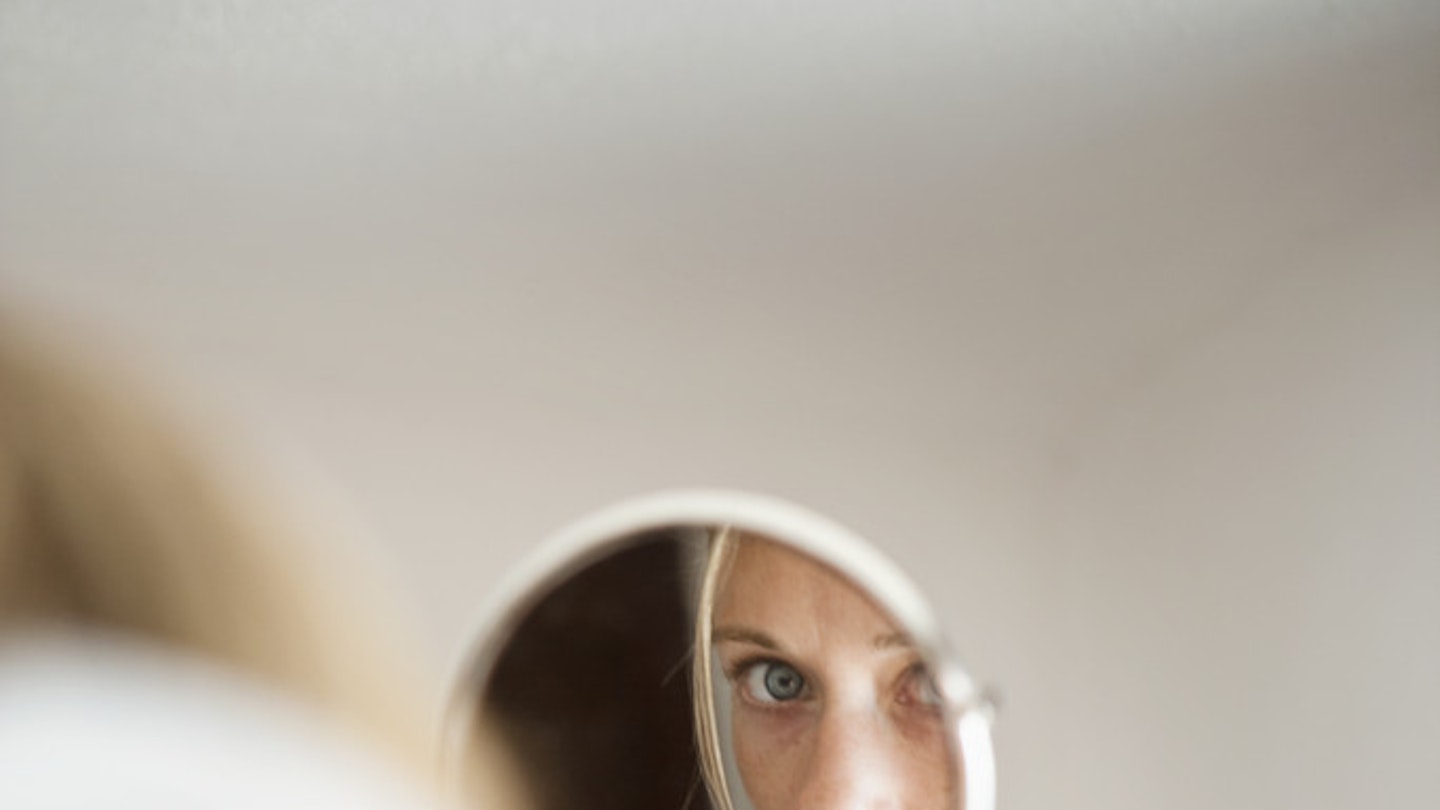Understand the symptoms and causes of the skin condition rosacea so you can manage it successfully
A red and often painful flare-up on your skin, rosacea is a condition that can be confused with other things including sensitivity and even sunburn.
It’s generally an on-going issue, but lifestyle changes can help you cope with flare-ups and deal with it in the best way.
What is rosacea?
A long-term condition that generally appears on the skin around your face. Signs include red flushing and stinging, and it’s thought to affect around one in 10 people.
What causes rosacea?
It’s still a bit of a mystery, but links including genetics have been highlighted. And lifestyle triggers set it off, such as age – it’s more common in adults over 30 – and extremes of hot and cold weather.
It’s still a bit of a mystery, but links including genetics have been highlighted
‘High stress levels and pollution can cause rosacea flare ups,’ says Louise Thomas-Minns, founder of skincare clinic U. and Your Skin. ‘Diet plays a part too, so things like alcohol, caffeine and spicy foods. Ingredients that are naturally high in histamine (a chemical involved in allergic reactions) like aged cheese, red wine and beer.’
Pregnancy and breastfeeding aren’t specifically identified as rosacea triggers, but if you have found this, Louise suggests it may be down to changing hormones.
What are the symptoms of rosacea?
A constant diffused redness of the skin, and also sometimes burning and stinging.
‘This can develop into the capillaries (blood vessels) under the skin becoming visible and also an outbreak of pustular spots because of the irritation,’ says Louise.
How is rosacea treated?
As it’s a long-term condition, it’s unfortunately more a case of managing rosacea than getting rid of it completely.
From a medical point of view, your GP can prescribe creams, gels and medication (discuss this if you’re pregnant or breastfeeding in case they’re not suitable) and you should also look at contributing lifestyle triggers.
‘So, with rosacea clients, we’d work on stress levels and their diet, specifically the amount of meat, alcohol and dairy they eat,’ says Louise.
‘Try and steer clear of too many chemicals on your skin, so think about mineral make-up instead of heavy-duty foundation.’
Do you suffer from rosacea? Let us know on the comments board below.
